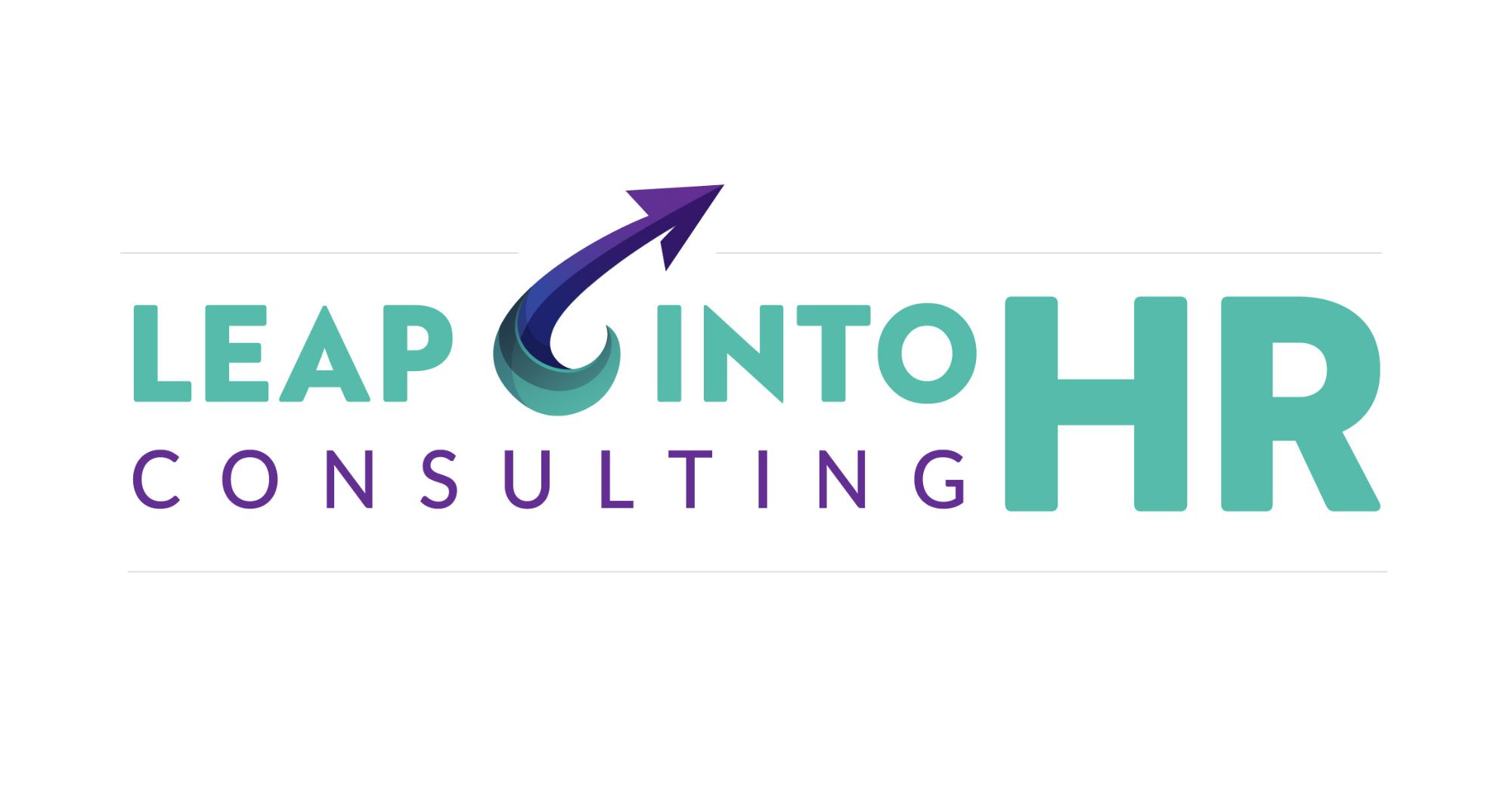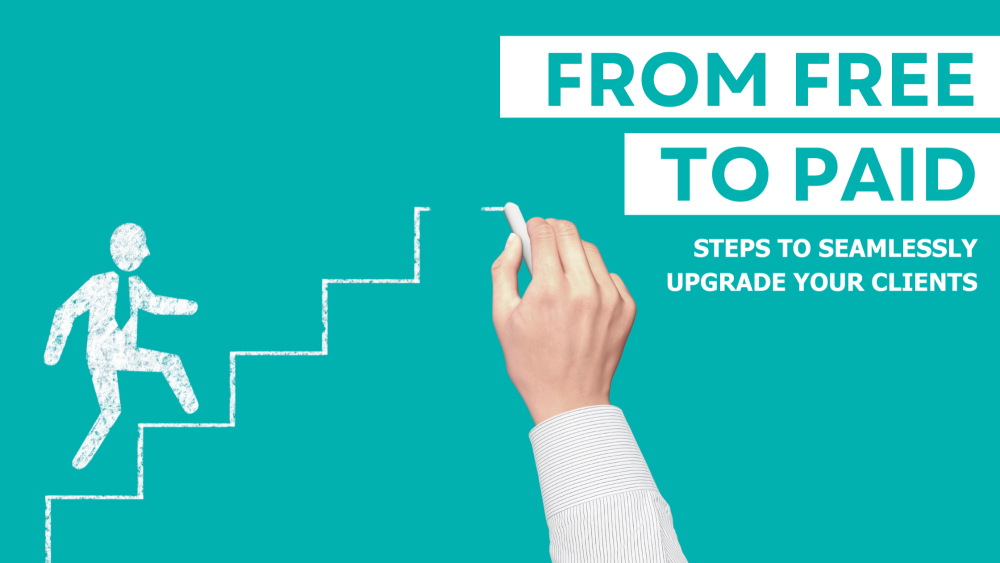Securing Your Future in HR Consulting by Mastering the Art of a Sales-Driven Approach
Posted on
As an HR Consultant and business owner with three decades of experience, I have witnessed first-hand the evolution of the HR consulting landscape. One aspect that remains crucial, yet often overlooked, is the importance of a consistent sales pipeline. This article aims to shed light on why prioritising sales is vital for HR consultants, especially those venturing into this dynamic field.
Why Focus on Sales?
Sales are the lifeblood of any consulting business. Without a steady stream of clients, even the most skilled HR consultant risks stagnancy. In the realm of HR consulting, where competition is fierce and client needs are ever evolving, a robust sales strategy is not just a growth tool, it's a survival mechanism.
Ignoring the sales aspects of your business can lead to several challenges, and moreover, put your business at serious risk.
The number one has to be the obvious…Financial Instability!
Without a predictable inflow of new clients and projects, financial instability becomes a significant risk to your entire business operation.
The next isclient diversification challenges. Relying on a few clients can be precarious. A diverse clientele, garnered through consistent sales efforts, ensures stability.
Then there’sreduced market relevance. Your inability to attract new clients may signal outdated practices or lack of innovation in your approach.
And, what about if you are just starting out on your HR Consulting Journey? What are the pitfalls in starting an HR consulting business without a sales plan?
Embarking on an HR consulting journey without a sales plan is akin to sailing without a compass. I see it often. HR professionals, making the brave leap into consultancy, with excitement and expectation for a bright consulting future and they completely ignore the development of a sales strategy.
So many new consultants underestimate the competitiveness of the market and overestimate the ease of acquiring clients. They have inadequate client engagement capability and fail to engage effectively with potential clients, missing out on opportunities to demonstrate value. Plus, the misallocate resource which impacts growth and profitability.
A well-defined sales strategy and plan from the outset will help avoid these pitfalls.
So, how do you build a robust sales pipeline?
Here are 6 suggestions which have helped me and my HR Consulting mentees over the years.
Networking and Relationship Building
- Leverage professional networks like LinkedIn -consistently.
- Attend industry events and workshops to connect with potential clients and peers.
- Foster relationships with existing clients for referrals.
Establish a Strong Online Presence
- Develop a professional website showcasing expertise and testimonials.
- Engage on social media platforms by sharing insights and joining relevant discussions.
- Utilise content marketing to establish thought leadership.
Remember, this doesn’t happen overnight. It takes dedication and consistency!
Offer Tailored Solutions
- Understand client-specific challenges and tailor your services to meet these needs.
- Showcase success stories and case studies to illustrate your impact.
Find Collaborations and Partnerships
- Collaborate with complementary service providers to expand reach.
- Consider partnerships with organisations or agencies that can refer clients.
Continuous Learning and Adaptation
- Stay abreast of industry trends and emerging HR challenges.
- Adapt your services to meet the evolving needs of the market.
Get Sales Focussed and Enhance Your Skills
Actively seek out a sales mentoring programme that aligns with the unique challenges of the HR industry. These programmes can offer personalised guidance, practical sales techniques, and an understanding of the nuanced art of selling HR Consulting services.
It just so happens that I have a brand-new programme which does this. It’s called the90 Day Client Accelerator programme.
On this virtual group mentoring programme you will:
- Learn effective strategies for prospecting, networking, and converting leads into paying clients.
- Boost your confidence and expertise, so that you can stand out and showcase your value.
- Develop a system for generating a steady stream of leads and keeping that sales pipeline nice and healthy.
As HR consultants, we must cultivate a growth mindset where sales are not just a necessity but an integral part of our service offering. By building and maintaining a consistent sales pipeline, we ensure not only our survival but our ability to thrive and make a meaningful impact in the world of human resources.
Onwards and Upwards!
Sarah

